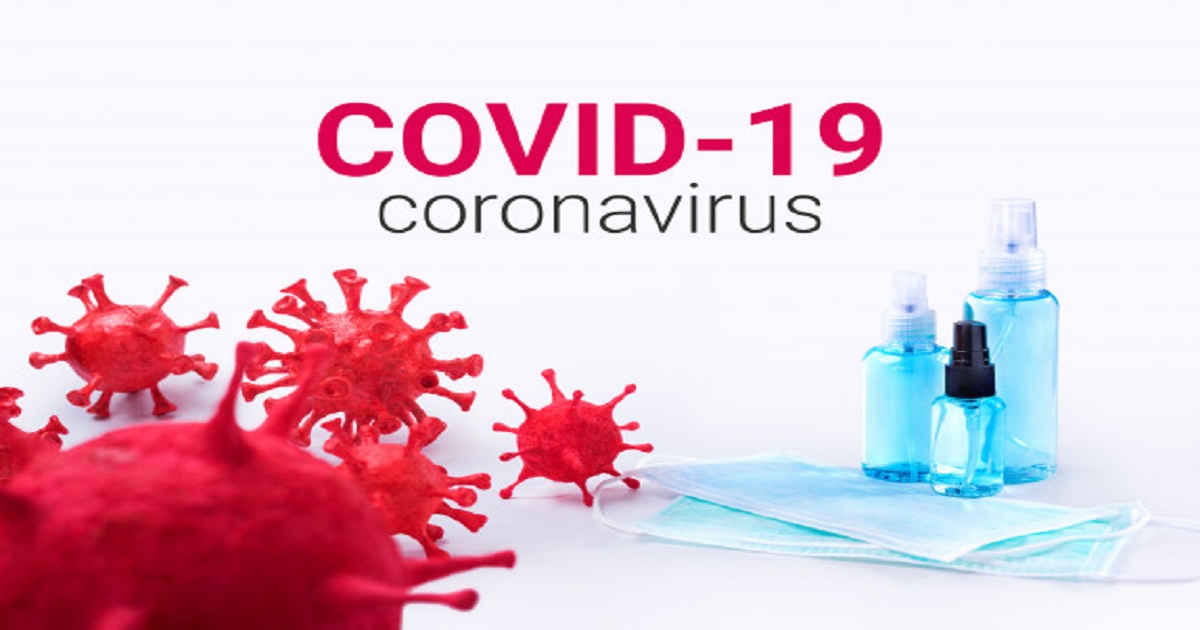Sosei Heptares' COVID-19 Program Identifies Potent Broad Spectrum Anti-Viral Small Molecules for Further Development
Sosei Heptares | November 21, 2020

Sosei Group Corporation ("the Company") (TSE: 4565) announces a progress update for its R&D program focused on the design and development of novel drugs targeting the SARS-CoV-2 coronavirus and to treat COVID-19. The program was initiated in April 2020. To date, the Company has applied its world-leading structure-based drug design (SBDD) capabilities and cutting-edge technologies to precision-design new inhibitors of the SARS-CoV-2 Mpro protease, which plays a crucial role in viral replication1-4. The Company is also aiming to leverage the highly conserved structure of the SARS-CoV-2 Mpro protease as a basis for the design of novel oral small molecules against predicted future variants of SARS-CoV-2 and other related human viruses.